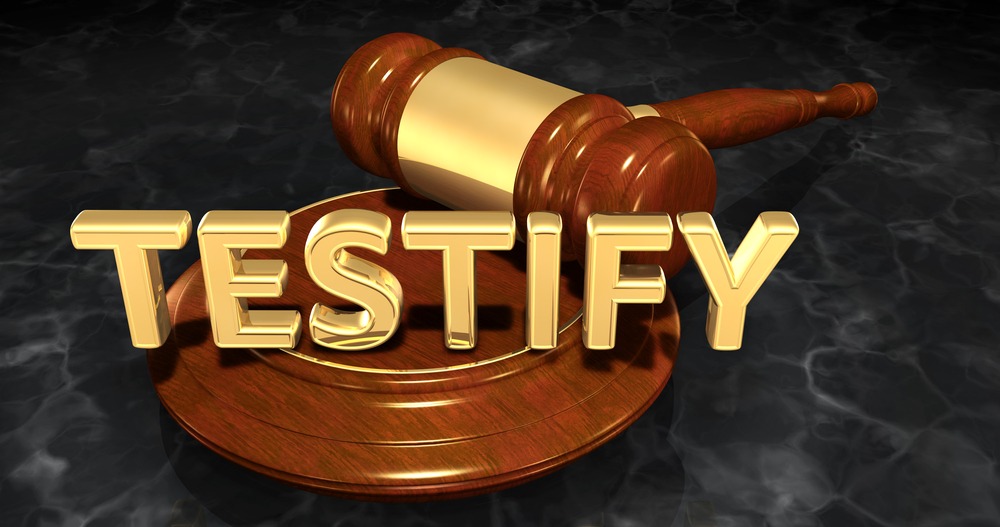
Jump To:
Many states require that you hire a doctor to testify on your behalf in a medical malpractice case. This is an essential part of proving that you were the victim of medical negligence. Ensuring you have the right doctor testify in a malpractice lawsuit is often key to winning your case.
Why Would a Doctor Testify Against Another Doctor in a Medical Malpractice Case?
Many states have enacted legislation that requires the victim of medical malpractice to have a qualified medical expert confirm that they have a legitimate claim against the doctor.
Even if your state does not require you to have a medical expert vouch for your malpractice claim, you will have to prove that the physician committed malpractice to win your lawsuit. Since medical malpractice is different from other forms of negligence, you almost always need to have a qualified medical expert tell the court why the doctor’s actions were negligent.
What Does a Medical Expert Have to Say to Show That Medical Malpractice Occurred?
Your expert must testify that the doctor who treated you committed malpractice. Medical malpractice has five elements:
- The physician had a doctor-patient relationship with you;
- That relationship imposed a duty of care on the physician toward you;
- The doctor breached the standard of care by failing to act in a way that another similar doctor would have;
- That was medical negligence; and
- The medical negligence caused harm to you.
Who Counts as a Qualified Medical Expert in My Case?
The requirements for certification as a qualified medical expert vary from state to state. If your state laws contain a list of requirements, the doctor who testifies on your behalf will have to satisfy those statutory mandates. If your state does not provide a checklist in its statutes, judges usually allow a physician to testify as a qualified medical expert if they:
- Graduated from an accredited medical school;
- Have a license in good standing with the state medical board;
- Have similar education and training as the defendant doctor; and
- Have board certification or other expertise in the specific field that is in question in the malpractice lawsuit.
What Happens When a Medical Expert Testifies at Trial?
First, the judge will decide whether your physician satisfies the requirements to testify as a qualified medical expert. Once the judge certifies them as an expert, your lawyer will ask a series of questions about the medical error that caused your harm.
The medical expert will tell the court whether they:
- Reviewed your medical records;
- Examined you or met with you;
- Reviewed the relevant medical literature; and
- Formed a conclusion as to whether your treating doctor’s actions satisfied the standard of care.
This testimony is vital for your case. Not only can an expert witness explain complex medical topics to a judge or jury, they can offer special insight on the pertinent standard of care.
Get Help Finding a Qualified Medical Expert for Your Case.
At Newsome | Melton, we handle significant medical malpractice cases for those suffering from catastrophic injuries, or the families of those who suffered an untimely death due to medical error. We work with a network of medical experts to ensure we have the right person for the specific requirements of each case.
Legal Information - News Articles

The Law of Medical Malpractice in Maine: A Survey of Basic Considerations Maine medical malpractice law is among the most complex legal practice areas. The statutes, case law, and regulations governing medical malpractice law in Maine are highly technical. For instance, there are very strict and complicated filing deadlines that must be followed, or the injured
Read More
Last week, it was announced that the state Supreme Court of Pennsylvania would discuss whether or not to overturn a law that allows defendants in medical malpractice lawsuits to avoid prosecution based on “error in judgment”. The decision came as Stephen and Nicole Passarello were granted a new trial after their original lawsuit was dismissed
Read More